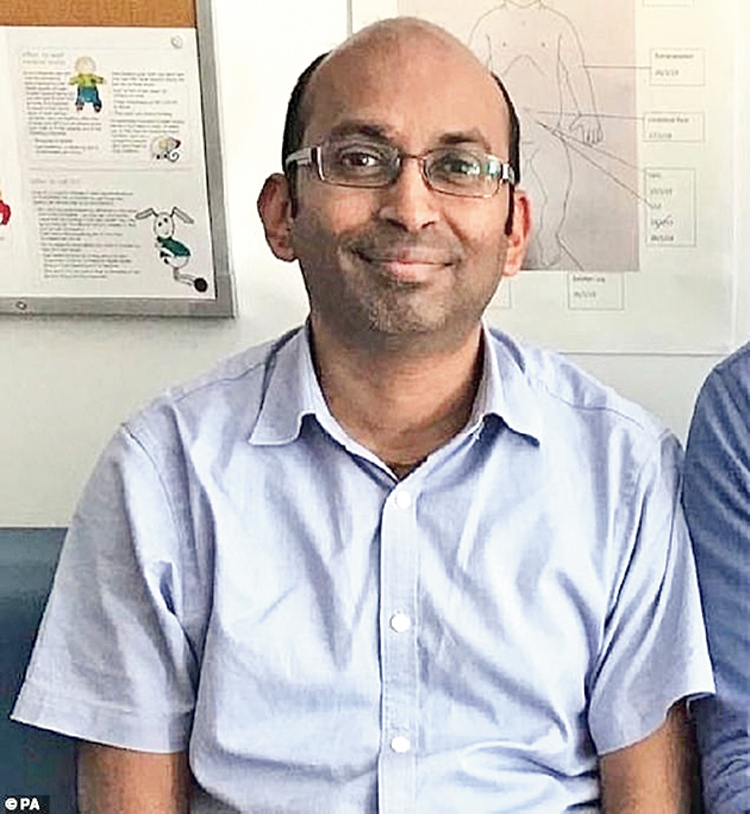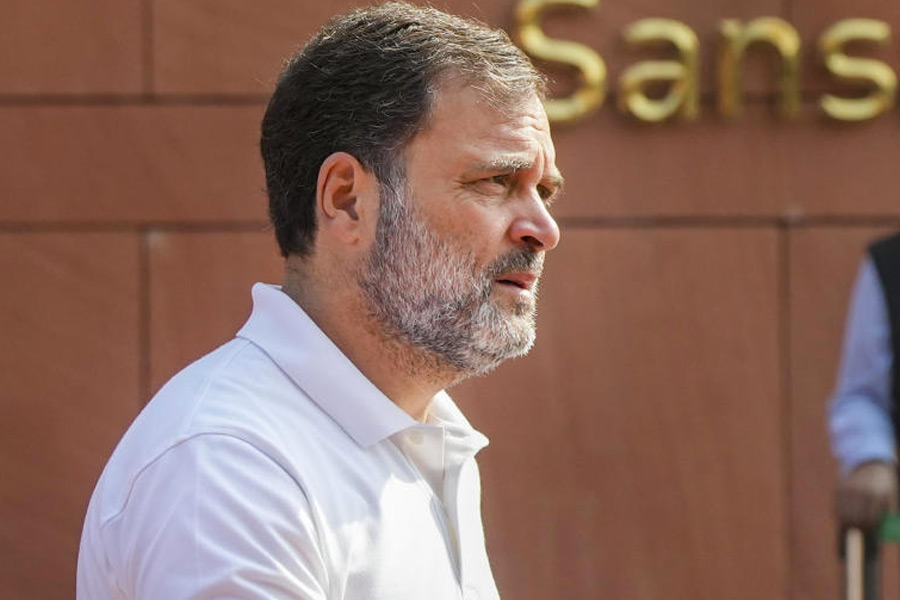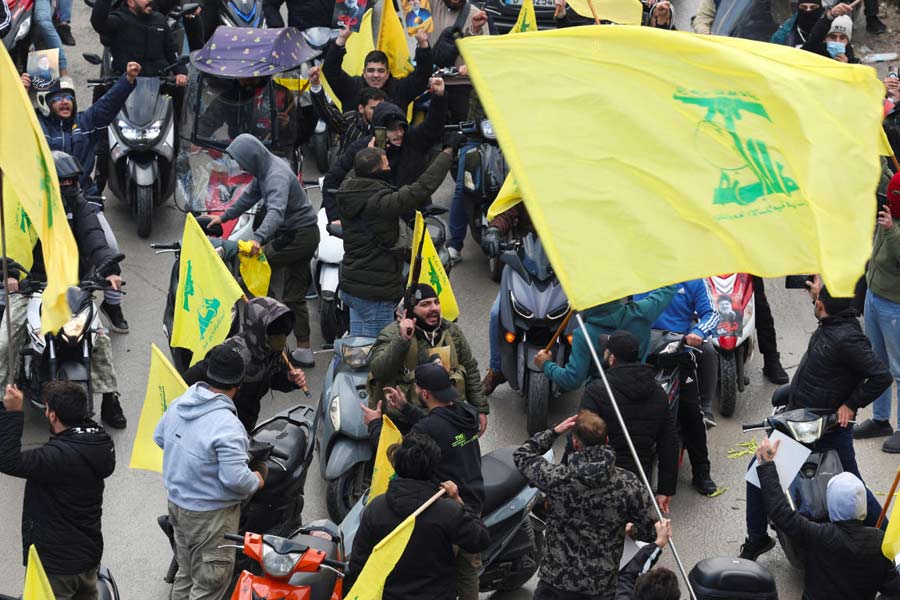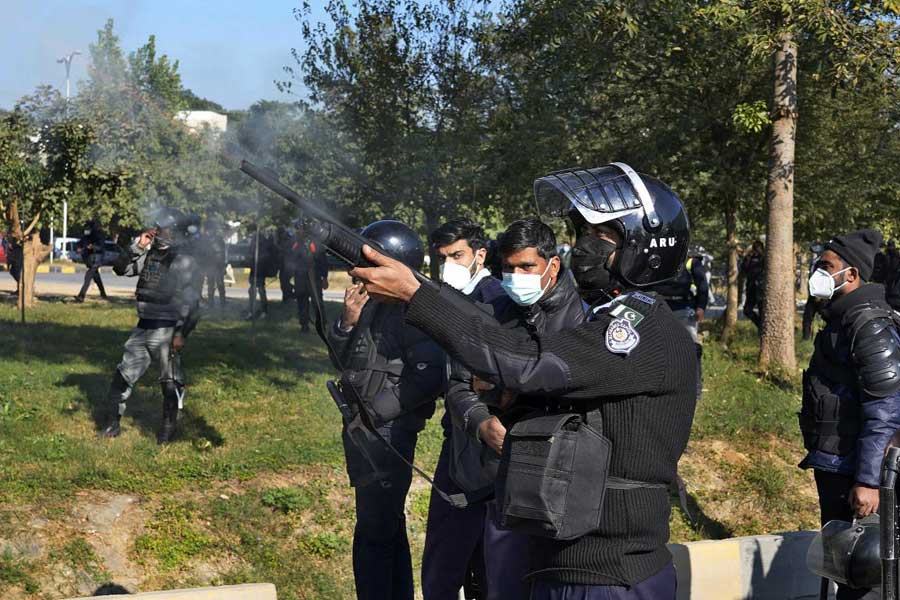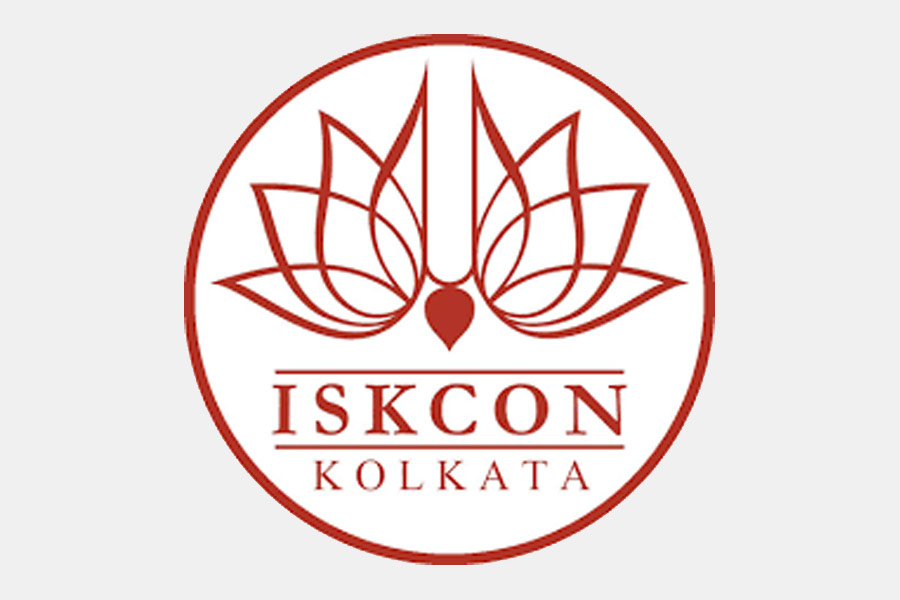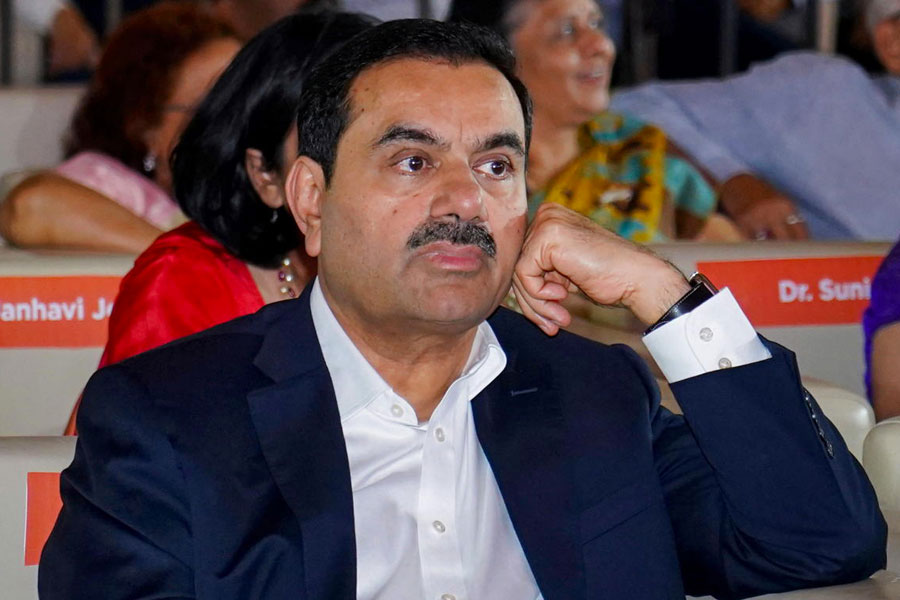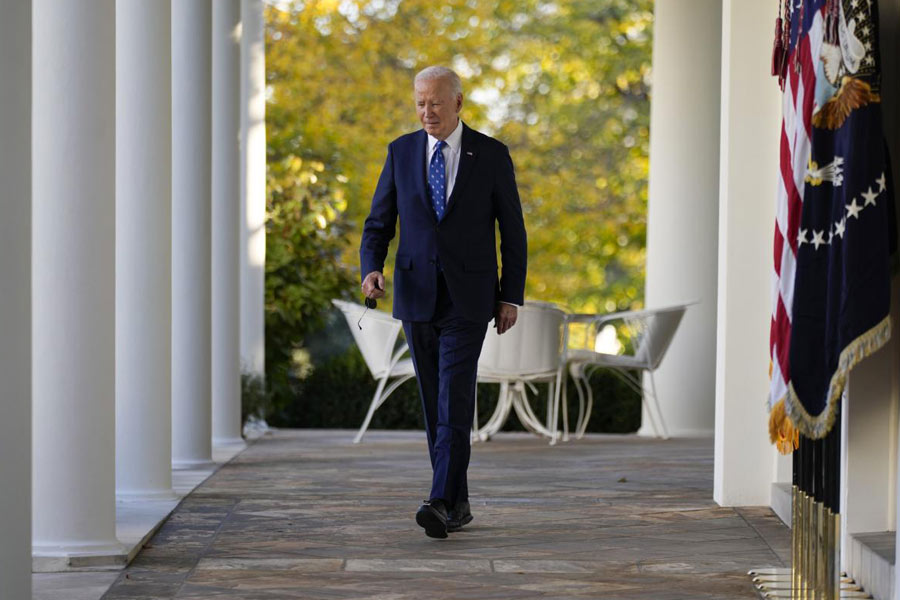A UK death toll of less than 20,000 from coronavirus would be “a good outcome”, the government’s chief adviser, Patrick Valance, had said on March 17 when the figure had seemed horrific.
On Saturday, the UK toll from hospitals went through the 20,000 barrier to reach 20,319, up by 813 from 19,506 the day before. It is estimated thousands more will have died in other settings in the community, such as in care homes.
Announcing the milestone at the Downing Street news conference, the home secretary, Priti Patel, acknowledged this was a “deeply tragic and moving moment” but emphasised this underlined the need to continue social distancing.
And Prof. Stephen Powis, national medical director of the NHS, said: “It’s a very sad day for the nation — 20,000 deaths is clearly 20,000 too many.”
The toll included two more Asian-origin doctors — Shree Vishna Rasiah, 48, a consultant neonatologist with the Birmingham Women’s and Children’s Trust, and Yusuf Patel, 61, a general practitioner with the Woodgrange NHS Medical Practice in Forest Gate in East London.
Rasiah’s wife, Liza, said: “We are devastated at losing our beloved Vish. He was such a loving husband and father to our beautiful daughter Katelyn, and much loved son and brother to our family in Malaysia and Trinidad. Vish loved his work — to him it was so much more than a job and his colleagues are part of our family too. He treated every patient and family he cared for as his own — I couldn’t have been prouder of him.”
Meanwhile, Patel’s colleagues in his practice said in a statement: “This is a tragic loss to all his family, friends, colleagues and patients. The pain is immeasurable. He has touched and enriched many lives and we miss him dearly.”
Moving from the individual tragedies to take a global perspective, Bill Gates told The Times: “My worst nightmare has come true.”
The billionaire said that he had been concerned about the impact of a pandemic for years. In a Ted Talk in 2015, he had reflected on the 2014 Ebola outbreak and said global societies were not ready for a future epidemic, urging countries to prepare supplies and expertise.
In Britain, concern has been expressed after it was revealed that Boris Johnson’s chief political adviser, Dominic Cummings, has been attending meetings of Sage (Scientific Advisory Group for Emergencies), the group whose members are meant to include only top scientists.
The government has said throughout that in taking decisions on such matters as the lockdown, it has relied solely on “scientific advice”.
Sage’s independence will now be questioned by many because of the presence of a character as controversial as Cummings.
A former government chief scientific adviser, Sir David King, said he was “shocked” to find that there were political advisers involved in Sage meetings.
“If you are giving science advice, your advice should be free of any political bias. That is just so critically important,” he told the Guardian.
At a technological level, the government is trying to be innovative. Drones capable of carrying 100kg loads more than 1,000km are to be used to ensure the Isle of Wight’s hospital can maintain essential medical supplies in the fight against Covid-19.
Transport Secretary Grant Shapps announced the plan on Friday to fast-track the launch of drone trials between the mainland and St Mary’s Hospital in Newport, capital of the Isle of Wight, to ensure the island is fully equipped.
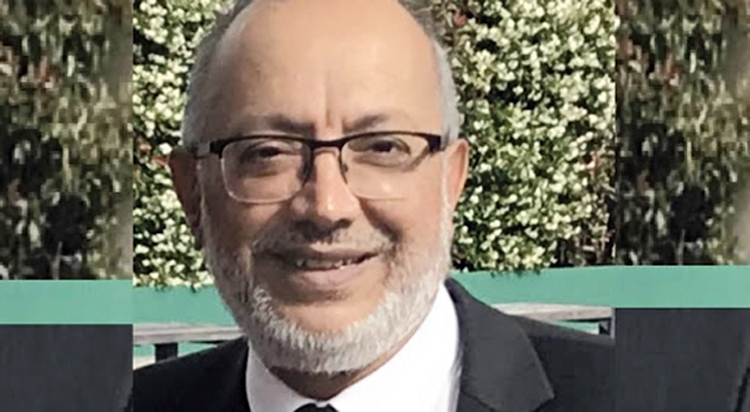
Yusuf Patel Telegraph picture

